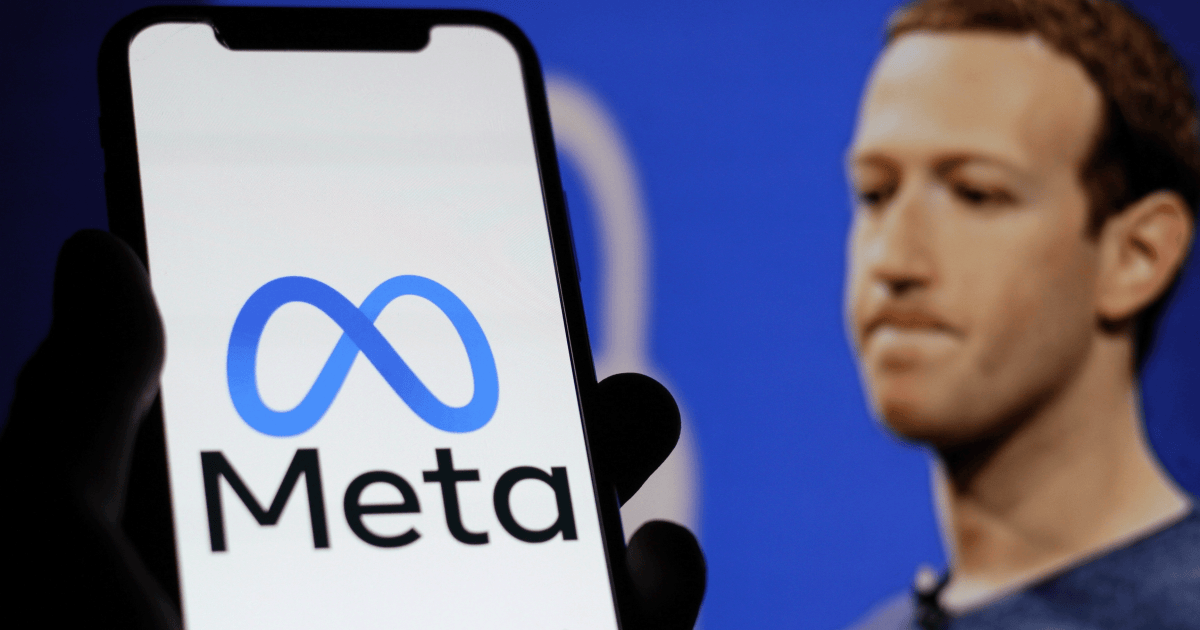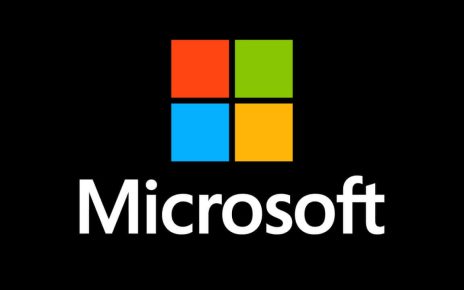Introduction to Meta’s new initiative
Imagine a world where everyone has access to the internet, regardless of their location or income. It sounds like a dream, right? But Meta is on a mission to turn that dream into reality. With an innovative new initiative aimed at providing affordable internet access, Meta plans to bridge the digital divide for thousands of people around the globe. This could change lives and open doors in ways we’ve only begun to imagine. Let’s dive into what this initiative means for communities and how it can reshape our connection to each other and information.
The current state of internet accessibility and affordability
The digital divide remains a pressing issue worldwide. Millions lack reliable internet access, hindering their ability to connect with information and resources.
Affordability is another barrier. Many households struggle to pay for necessary connectivity. High costs often exclude low-income families from the digital landscape.
Urban areas may see better infrastructure, but rural communities frequently face slow speeds or no service at all. This disparity deepens existing inequalities in education, employment opportunities, and healthcare access.
Additionally, users often encounter hidden fees that make seemingly affordable plans more expensive over time. Data caps further restrict usage and create frustration among consumers trying to stay online.
As technology advances rapidly, the gap between those who can afford high-speed internet and those who cannot widens even further. Addressing these challenges is crucial for fostering an inclusive digital environment where everyone has equal opportunity to thrive.
Meta’s plan to provide cheap internet
Meta is rolling out an ambitious plan to bridge the digital divide. The company aims to make internet access affordable for thousands of underserved communities.
By leveraging innovative technologies, Meta intends to reduce the cost of broadband services significantly. This initiative focuses on partnerships with local providers and governments. Together, they can create a sustainable model that benefits all stakeholders.
Through satellite technology and advanced infrastructure, Meta plans to reach areas that have been overlooked for far too long. High-speed internet will no longer be a luxury but rather an accessible utility.
With this project, Meta envisions empowering individuals through education and job opportunities online. As more people gain connectivity, entire communities stand to benefit socially and economically. The ripple effect could change lives in ways we are just beginning to understand.
The benefits and impact on communities
Access to affordable internet can transform communities in profound ways. It opens doors to education, enabling students to connect with resources and participate in online learning. This increases their chances of academic success.
Moreover, small businesses thrive when they have access to reliable internet. Entrepreneurs can reach wider audiences and engage customers through e-commerce platforms. As a result, local economies experience growth.
Social connections also flourish with better connectivity. People can communicate easily with friends and family, breaking down barriers of isolation that many face without internet access.
Additionally, community services benefit from improved communication channels. Health services, job training programs, and civic engagement initiatives become more accessible to residents.
In essence, Meta’s initiative could create vibrant hubs of opportunity and interaction within underserved areas. The ripple effect may lead to empowered citizens ready to contribute positively back into their communities.
Potential challenges and solutions
While Meta’s initiative to provide affordable internet is commendable, it faces several challenges. Infrastructure limitations in rural areas can hinder deployment. Many of these regions lack the necessary technology and resources.
Additionally, regulatory hurdles may complicate operations. Different countries have varying laws governing telecommunications that could slow down progress or increase costs.
Community engagement is crucial. If local populations are not involved or informed, acceptance rates might plummet. Building trust takes time and effort.
To address these issues, partnerships with local governments can be vital. Collaborating on infrastructure projects ensures smoother implementation while also gaining community support.
Investing in education about digital literacy can empower users to make the most of their access too. Providing training sessions will help bridge the knowledge gap that often exists around new technologies.
Comparison with other companies’ efforts
When examining Meta’s initiative, it’s essential to consider how it stacks up against other companies. Major players like Google and Amazon have made strides in providing internet access, yet their approaches differ significantly.
Google’s Project Loon aimed to deliver connectivity via high-altitude balloons. While ambitious, it faced numerous challenges that limited its long-term viability. On the other hand, Amazon has invested in satellite technology through Project Kuiper, focusing on global broadband coverage but still working toward deployment.
Meta’s strategy leans heavily on partnerships with local internet service providers. This collaboration can potentially offer more tailored solutions for communities that need them most.
Furthermore, while many tech giants prioritize profit margins in their ventures, Meta seems committed to affordability and accessibility as central tenets of its mission. It’s a refreshing approach that might set new standards for corporate responsibility in the tech industry.
How individuals can support this initiative
Individuals can play a crucial role in supporting Meta’s initiative to provide affordable internet. One of the simplest ways is by spreading the word within their communities. Sharing information about this program on social media or local forums can raise awareness and encourage others to get involved.
Volunteering time for community outreach programs can also make a significant difference. Engaging with local organizations that partner with Meta helps bridge gaps between resources and those in need.
Moreover, advocating for policies that support digital equity creates a conducive environment for initiatives like this one to thrive.
Individuals are encouraged to participate in feedback sessions organized by Meta, sharing insights about their experiences with internet access challenges. Every voice matters in shaping a better future for connectivity!
Future plans and goals of Meta
Meta has ambitious plans to expand its internet accessibility initiative beyond current boundaries. The company envisions a world where affordable connectivity is a right, not a privilege. This vision includes targeting remote areas and underserved communities worldwide.
Investments in innovative technologies are central to Meta’s strategy. By leveraging satellites and advanced wireless solutions, the goal is to deliver reliable internet even in challenging environments.
Moreover, partnerships with local governments and organizations will play a crucial role. Collaborating with different stakeholders can enhance outreach efforts significantly.
Training programs for community members may also be part of their approach. Empowering individuals with digital skills ensures that they can fully utilize new internet access opportunities.
These future goals reflect Meta’s commitment to bridging the digital divide, fostering inclusivity across various socio-economic groups while building sustainable connections globally.
Conclusion: The potential for positive change in the world of internet accessibility through Meta’s initiative
Meta’s initiative to provide affordable internet access marks a significant shift in the landscape of digital connectivity. The potential for community upliftment is immense. By bridging the gap between those who can afford reliable internet and those who cannot, Meta opens doors to education, job opportunities, and social engagement.
With thousands more people gaining access to online resources, we could witness improved economic conditions and enhanced quality of life. As communities become better connected, they also grow stronger—fostering collaboration and innovation.
While challenges exist, such as infrastructure limitations or varying regulatory environments across regions, Meta is actively working on solutions that prioritize inclusivity. Their approach not only aims at providing cheap internet but also empowers individuals by keeping them informed about their options.
This vision aligns with efforts from other tech giants striving for similar outcomes. However, Meta’s commitment stands out due to its focus on affordability without compromising quality.
Individuals interested in supporting this noble cause can engage through advocacy or promoting awareness within their circles. Every voice counts when it comes to pushing for meaningful change in digital accessibility.
As Meta continues refining its plans towards universal internet access, the world watches closely. It holds promise—a promise of a future where everyone has an equal chance in our increasingly digital society.



